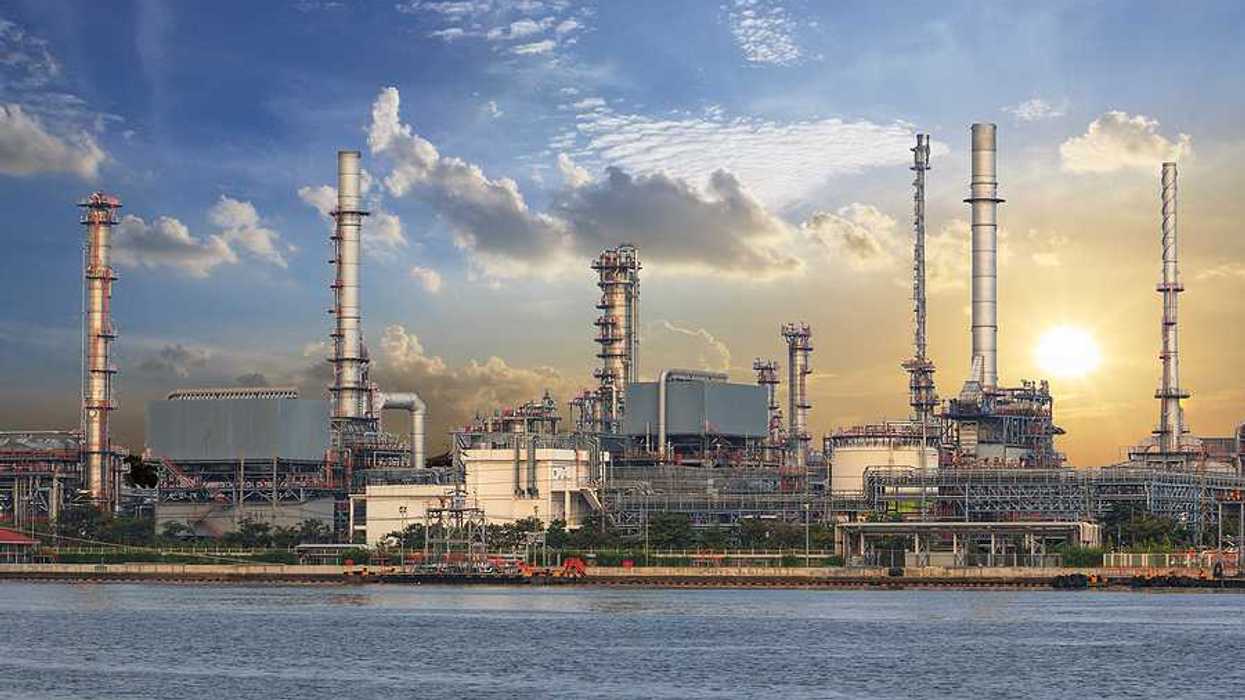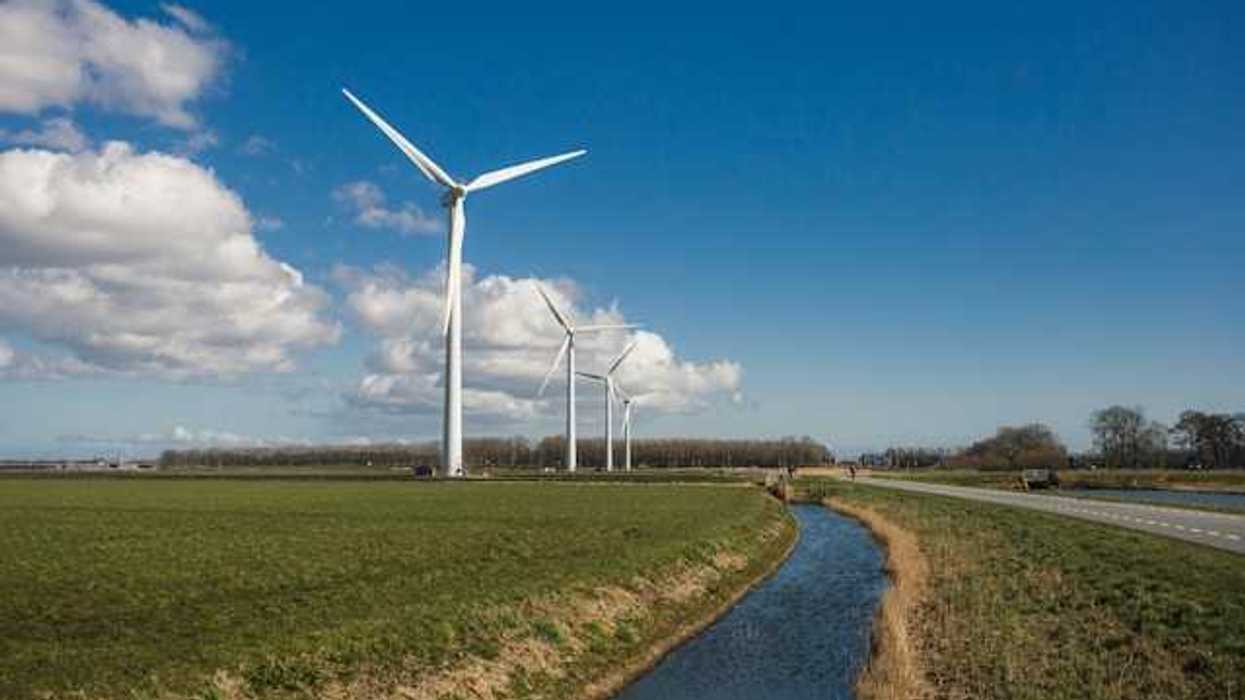A surge in gas-fueled power plants to support artificial intelligence data centers could significantly increase toxic air pollution across Texas, a new report warns.
Saul Elbein reports for The Hill.
In short:
- Texas regulators are reviewing proposals for more than 100 new gas plants, mostly to power AI data centers, with over 30 already approved.
- If built, these plants could emit pollution equivalent to adding 27 million vehicles to Texas roads, according to the Environmental Integrity Project.
- Some large gas plants have been misclassified as “minor sources,” potentially bypassing stringent emissions controls under the Clean Air Act.
Key quote:
“To meet its increasing demand for electricity, Texas should be encouraging more clean energy instead of feeding public subsidies to dirty fossil fuels.”
— Jen Duggan, executive director of the Environmental Integrity Project
Why this matters:
As AI and cryptocurrency operations explode across the U.S., their demand for electricity is reshaping the energy landscape — especially in Texas. These industries are turning to natural gas to power massive data centers, many of which bypass rigorous environmental review. That raises public health concerns as gas plants emit pollutants like benzene, nitrogen oxides, and PM 2.5, which are linked to cancer, asthma, and lung damage. Texas already suffers from poor air quality in regions like Houston and along the I-35 corridor. Adding dozens of gas plants without top-tier pollution controls could intensify that burden, particularly in communities near oilfields or urban centers. While the state leads in renewable energy production, political resistance and grid constraints are slowing the shift away from fossil fuels, even as the environmental and health risks mount.
Related: Governments revisit nuclear power as energy demands soar and AI strains the grid














